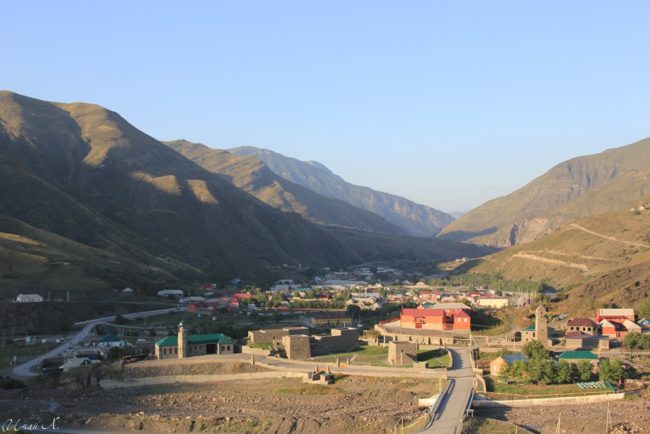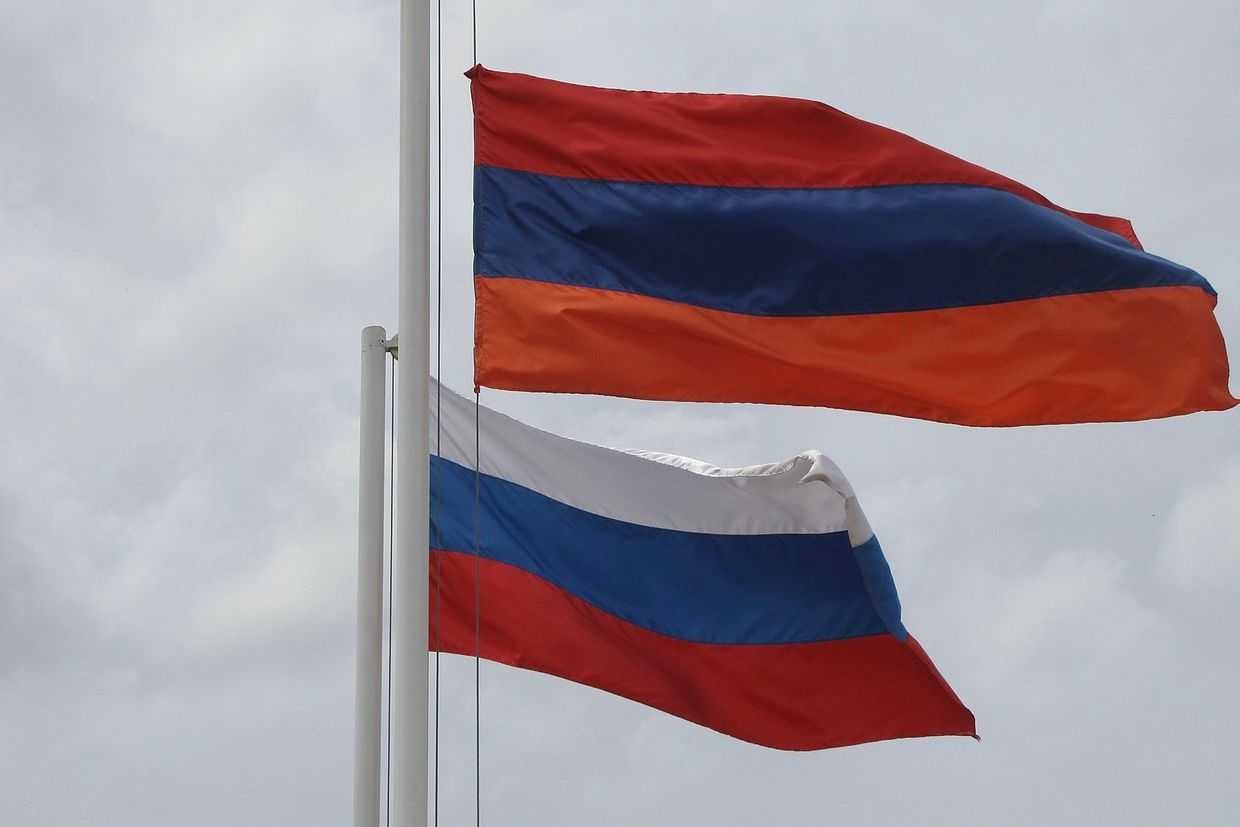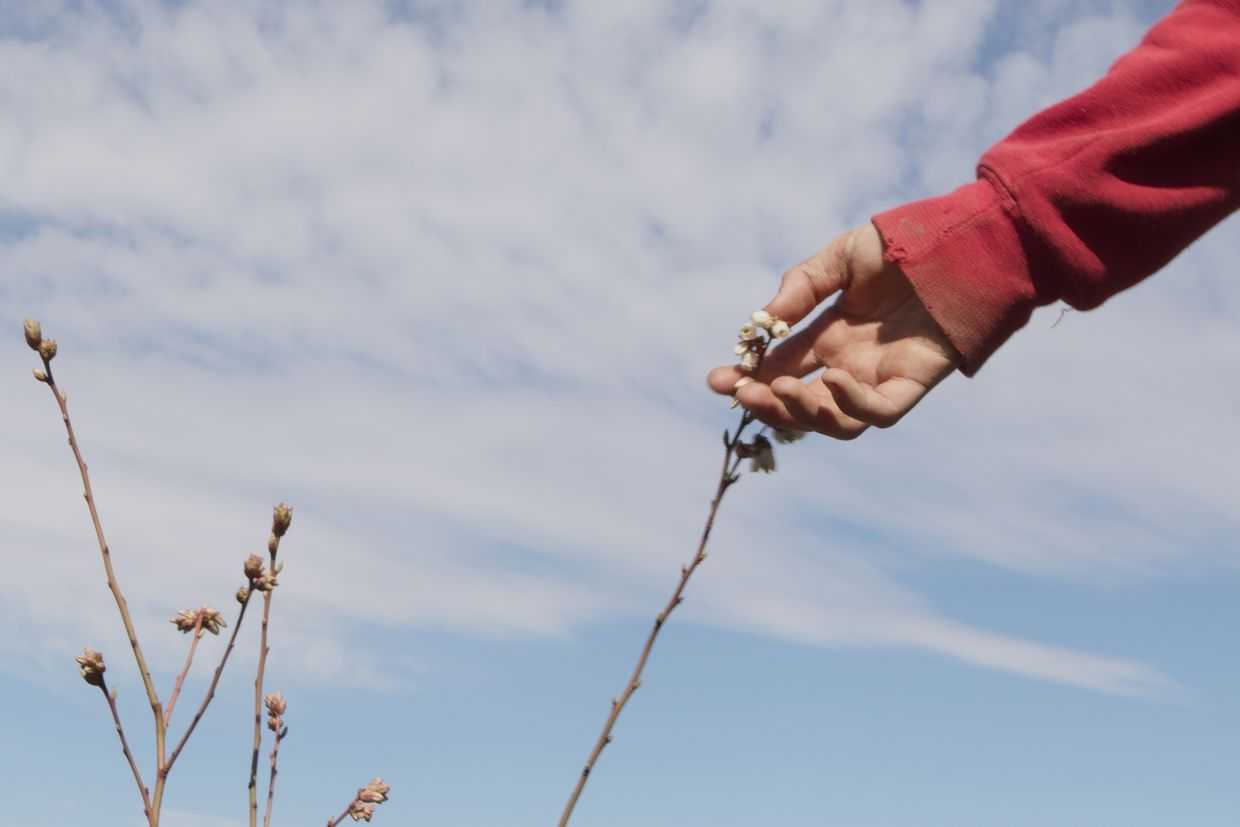

 Chechnya, like many other modern-day republics of the Russian Federation, has experienced desolation of highland villages and an outflow of people, mostly young people, to the cities in the plains. People commonly say that they leave their ancestral villages in search of a ‘better life’. In fact, the reality often falls short of the migrants’ expectations, because even the largest city with its shiny skyscrapers often can’t give them what they’re looking for.
Chechnya, like many other modern-day republics of the Russian Federation, has experienced desolation of highland villages and an outflow of people, mostly young people, to the cities in the plains. People commonly say that they leave their ancestral villages in search of a ‘better life’. In fact, the reality often falls short of the migrants’ expectations, because even the largest city with its shiny skyscrapers often can’t give them what they’re looking for.
During the active phase of the wars in Chechnya, virtually all Chechen villages were densely populated. People, in attempts to save their lives, fled from the hostilities and the impunity of the Russian military. Only the most stubborn, or those who tried to save their homes from plundering and looting, stayed in the cities. Many such people were killed or wounded as a result of shelling or intentional killing by the military. There are many cases in which families lost their breadwinners overnight.
Villages accepted everyone who was fleeing war. People were accommodated in schools, kindergartens, and private buildings. Villagers received refugees with their usual hospitality. The people from the cities marvelled at their generosity and the abundance of food on the tables. All the food came from local farmsteads, including meat, which mountaineers eat three times a day.
The situation is radically changing
While 10–15 years ago it was considered abnormal not to live in the village, it has now become a common occurrence. As a rule, villages have large plots of land, sometimes reaching half a hectare. This cultivated land was enough to feed several families for decades. In addition, people kept various livestock: chickens, geese, ducks, sheep, and cows. All this made Chechen families self-sufficient, or at least less dependent on the state.
Now, the situation is radically changing. Agriculture has been preserved in the highlands, which are isolated from cities, but in settlements up to 50 km away from Grozny, many gardens have become overgrown with weeds. Some families cultivate small pieces of land of two square metres, to plant parsley, dill, and green onions. The remaining land is fallow. The number of domestic animals traditionally kept by Chechen families has decreased. While before, each Chechen family kept at least two milk cows providing year-round dairy products, nowadays few women know how to milk a cow. The dark side of urbanisation has reached Chechen villages as well.
‘A person must hold onto their roots’
The majority of mountaineers now live on the plains. After quickly adapting to city life, they can no longer imagine themselves in a rural environment. The older generation is displeased with this situation. The elderly believe that the soul of the nation disappears as children’s laughter is not to be heard in the mountain villages anymore.
‘Without people, this is just land, like anywhere else. It’s people who fill a territory with meaning and purpose. The current trend is bad. People leave their native places’, Vakha Musayev, a 70-year-old resident of a village in Shatoy District told OC Media.
According to Musayev, young people leave their villages in the hopes of getting rich and providing an education for their children. He doesn’t like this state of affairs.
‘A person must hold onto their roots. Without this, their children will turn into people without a clan and tribe, if they lose contact with their native places’, the old man sighed.
52-year-old Movldi Aybuyev lived most of his life in one of the villages in Urus-Martan District. He only attended eight years of school and has worked with cattle since childhood. He knows a lot about horses; he has good vaulting skills. In 2004, he received ₽350,000 ($6,150) in compensation for the destruction of his house during the war. He bought a car and rented a flat in Grozny, which he had only visited a couple of times in his life. He liked his new life in the capital. When he ran out of money, he began to work as a taxi driver, although his car had already started to become rusty by that time. Faced with the harsh reality of city life, he often complained to his relatives that he couldn’t find a job and that the general level of unemployment was high in Chechnya.
When asked what kind of profession he had, he responded with something unintelligible or he pretended he didn’t hear. In his home village, he has half a hectare of fertile land, all overgrown with weeds. In better times, when his parents were alive, the land gave a large crop of potatoes and garlic. The money earned by selling these was enough for a long time. Now, Aybuyev says that agriculture is hard work and that he wants to have some pleasure in life. He doesn’t mind that he must pay for literally everything in the city. That’s how he carries on living, occasionally standing at a birzha, waiting to be hired under the table.
It’s partially the fault of systemic corruption that people chose to leave their villages for cities. For money, a person can be registered as having a disability — for a year, or even for life. Many people do it. A bribe of ₽15,000–₽20,000 ($260–$350) guarantees a stable guaranteed income. If all family members are registered as disabled, the allowance is high enough to never work physically again. More so, as there is no state programme to support people living in mountainous regions.
Not everyone wants to live in the city
At the same time, not everyone shares the desire to live in the city. Physician and therapist Liza Asuyeva recalls the time when she and her mother and brother lived in the village and their land could feed their whole family.
‘One year, we planted potatoes on our small piece of land of 400 square metres. We managed to collect 21 sacks of high-quality potatoes. We also had garlic, onions, and beans. We had chicken and ducks. We used to sell eggs to our neighbours, who had no chicken, but many children. Mum also turned one room into a nursery school for our neighbours’ children. We had money and we could buy a car, we could buy anything we wanted. Of course, it was hard to work the land. Mum used to wake up early in the morning to remove Colorado beetle’s larvae from the potatoes’ petals. She never used any pesticides’, Asuyeva recalls her happy childhood.
While villages are rapidly emptying, they are becoming repopulated with new, wealthier residents. Government officials consider it prestigious to build huge palaces in their ancestral villages, so as to visit occasionally and host barbecues for numerous guests. They look down from their balconies at empty houses and once densely populated land, now overgrown with weeds, whose owners left in search of a better life.








